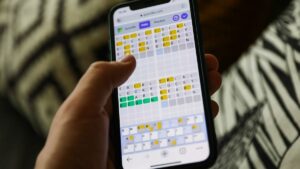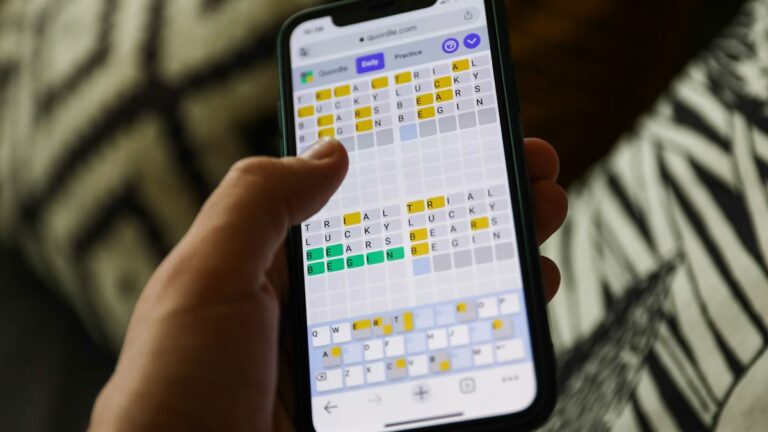Video game emulators are having a tough time. Back in March it was Nintendo Switch emulator Yuzu, which got shut down following a lawsuit from Nintendo. Pizza Emulators, another Nintendo emulator, disappeared around the same time. Then, over the weekend, after Apple updated its restrictions on retro game emulators to allow them in the App Store, a Game Boy Advance app called iGBA became a fast favorite. iGBA didn’t make it through Monday.
The emulator that iGBA resembled, though, is now available on the app store: Delta, a free, upgraded version of an emulator designed specifically for iOS that supports games for the Nintendo Entertainment System, Super Nintendo, Nintendo 64, Game Boy Color, Game Boy Advance, and DS, making games created for those systems playable on iPhone screens. The emulator is “focused on providing a polished, easy-to-use emulation experience, with iOS-specific features like AirPlay,” says its creator, Riley Testut. It supports a variety of controllers, including Nintendo Switch Pro controllers, Joy-Cons, Nintendo Switch Online controllers, and PS5 and Xbox Series X.
Apple loosened its App Store restrictions to allow retro game emulators onto its store earlier this month. The main stipulation in its rule change was that the emulation apps comply with “all applicable laws.” (Nintendo has a history of cracking down on sites that traffic in ROMs, which are playable software versions of its hardware game cartridges.) Apple also expressly forbids “copycats” in its store. “Don’t simply copy the latest popular app on the App Store, or make some minor changes to another app’s name or UI and pass it off as your own,” its guidelines read. In the case of iGBA, it itself was a version of another developer’s work.
Testut, a USC student and app developer, tells WIRED he first learned of iGBA’s existence on Discord, where Patreon supporters were talking about it Saturday night. He quickly recognized his handiwork in the emulator listed on the App Store. “Not only were the controller skins and UI identical, but the app’s internal name was literally ‘GBA4iOS.app.’”
Online, Testut expressed shock and disappointment that iGBA had made it onto Apple’s platform before his own project. “I’m pissed that Apple took the time to change the App Store rules to allow emulators, and then approved a knock-off of my own app” even though he’d been trying to launch an update of GBA4iOS called Delta ”since March 5,” he wrote on Threads.
Testut says that the developer responsible for iGBA emailed him “and personally apologized for the mess …They didn’t expect this all to happen so quickly,” Testut says.
Apple declined to comment.
As the game industry grapples with saving older titles at risk of disappearing forever, emulators like Testut’s are likely to be more in demand all the time. “We’ve seen repeatedly that IP owners are resistant to (consistently) porting old titles to newer hardware, preventing later generations from playing them,” Testut says. “Emulators ensure that old games can still be replayed decades later, similar to playing old audio recordings.”
Even industry leaders believe emulation could be the answer to the preservation problems in gaming. “My hope (and I think I have to present it that way as of now) is as an industry we’d work on legal emulation that allowed modern hardware to run any (within reason) older executable allowing someone to play any game,” Xbox head Phil Spencer told Axios in 2021. Microsoft has since set up an internal team focused on preservation of Xbox games.
Apple has already opened the door for emulators on its app store; iGBA has proven that there’s a very eager market waiting. Delta—as long as it stays in Apple’s good graces—might finally be it.


















+ There are no comments
Add yours